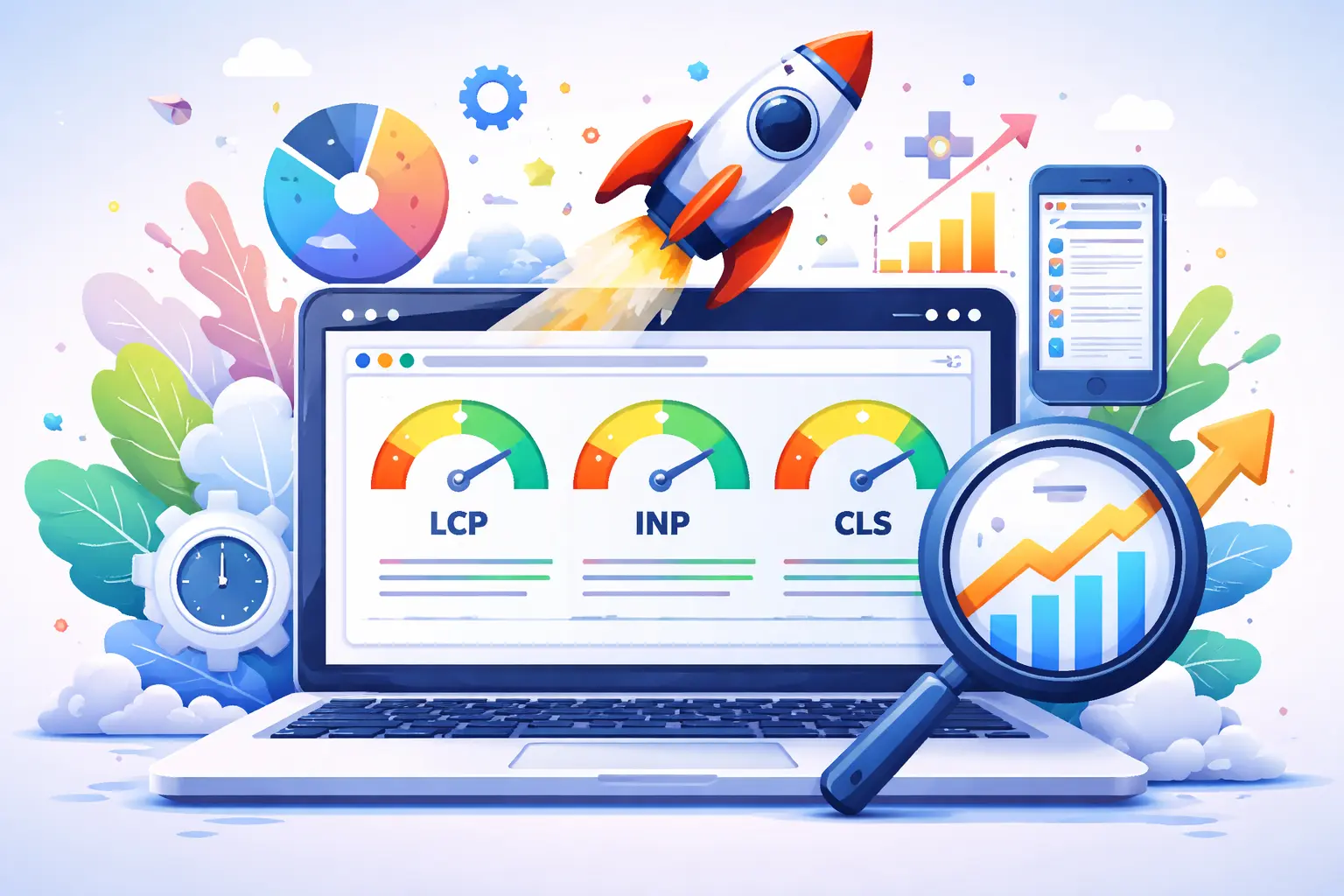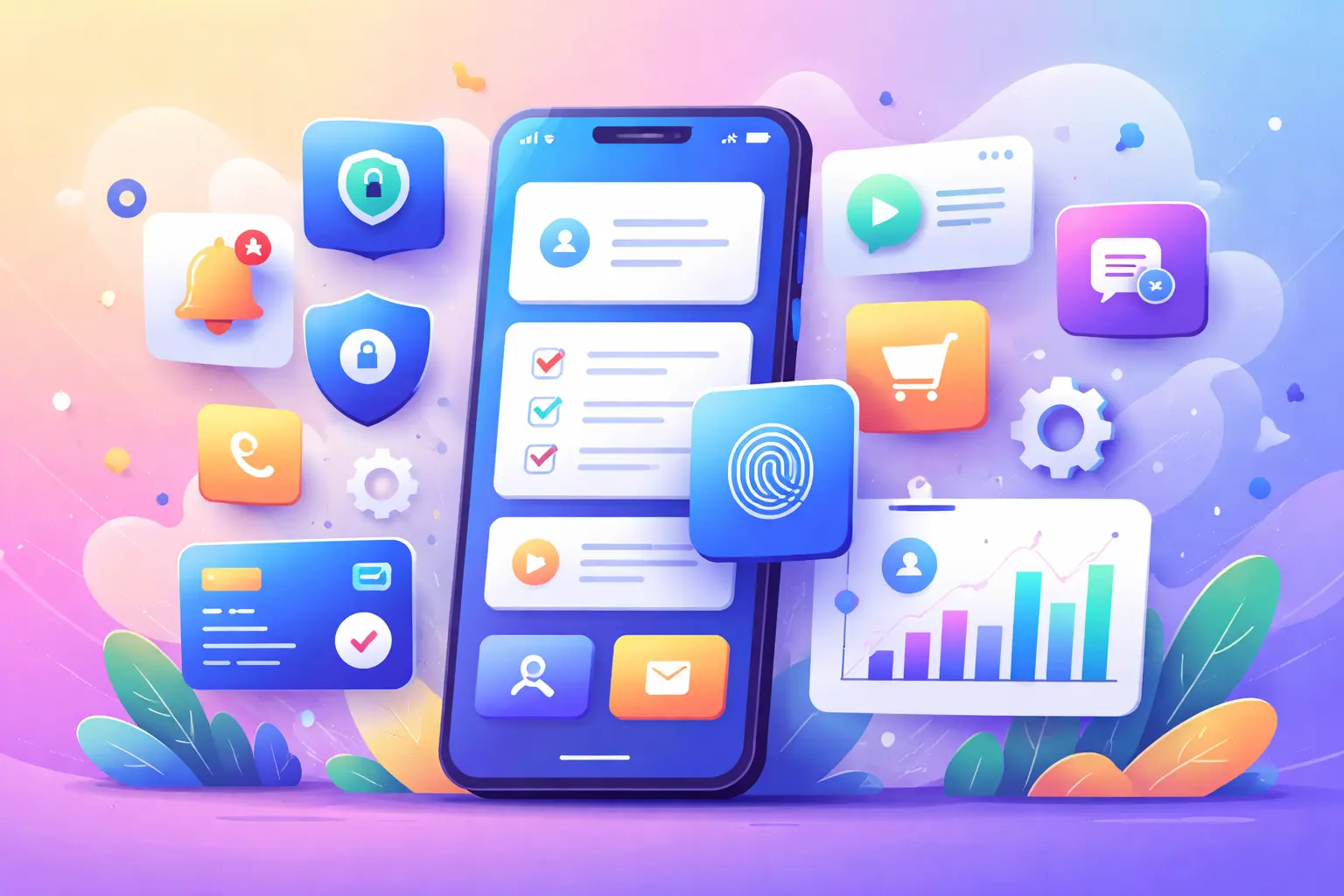Blockchain is no longer just the backbone of cryptocurrencies like Bitcoin and Ethereum. Over the past few years, its decentralized, transparent, and secure nature has caught the attention of industries far beyond finance. From supply chain management to healthcare, blockchain is opening doors to innovative solutions that can transform the way businesses and individuals operate.
1. Supply Chain Transparency
One of the most promising applications of blockchain is in supply chain management. By recording every transaction on a secure, immutable ledger, companies can track products from manufacturing to delivery. This ensures authenticity, reduces fraud, and allows consumers to verify the origin of goods. Industries like food, luxury goods, and pharmaceuticals are already leveraging blockchain to increase transparency.
2. Healthcare and Medical Records
Blockchain can revolutionize healthcare by providing a secure, decentralized way to store medical records. Patients can have control over who accesses their data while ensuring it remains tamper-proof. Hospitals, insurance companies, and research institutions can collaborate more efficiently, leading to faster diagnoses, better treatment, and enhanced data privacy.
3. Digital Identity Verification
Identity theft and fraud are major challenges in the digital age. Blockchain-based digital identities offer a secure alternative to traditional verification methods. Individuals can manage their own identities, granting access only when necessary. Governments and organizations around the world are exploring blockchain identity solutions to streamline verification processes and reduce fraud.
4. Real Estate and Property Management
Blockchain can simplify property transactions by securely recording ownership, contracts, and transaction history. Smart contracts can automate processes like payments, escrow, and transfers, reducing bureaucracy and costs. This could make real estate more accessible, transparent, and efficient.
5. Voting Systems
Blockchain has the potential to make voting more secure and transparent. By recording votes on a decentralized ledger, governments can prevent tampering, reduce fraud, and increase trust in elections. Several pilot projects worldwide have tested blockchain voting with promising results.
6. Intellectual Property and Royalties
For artists, creators, and innovators, blockchain offers a reliable way to protect intellectual property and manage royalties. By registering works on a blockchain, creators can track usage and automate royalty payments using smart contracts, ensuring fair compensation.
Conclusion
While cryptocurrencies brought blockchain into the mainstream, the technology’s potential extends far beyond digital coins. By enabling secure, transparent, and decentralized systems, blockchain can reshape industries, enhance trust, and drive innovation. As adoption grows, we can expect to see blockchain-powered solutions in healthcare, supply chain, digital identity, real estate, and more. The future is decentralized, and it’s closer than you think.




